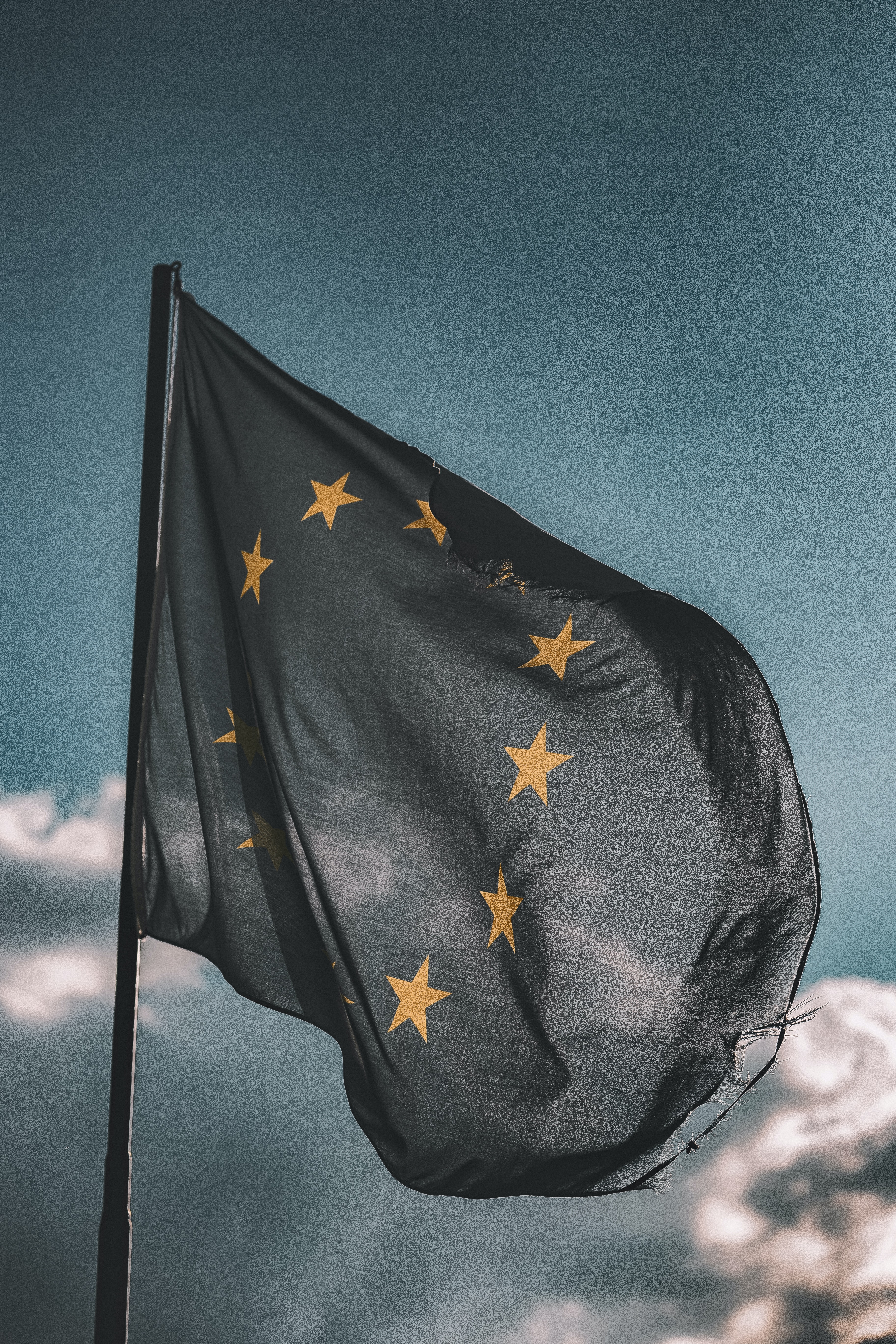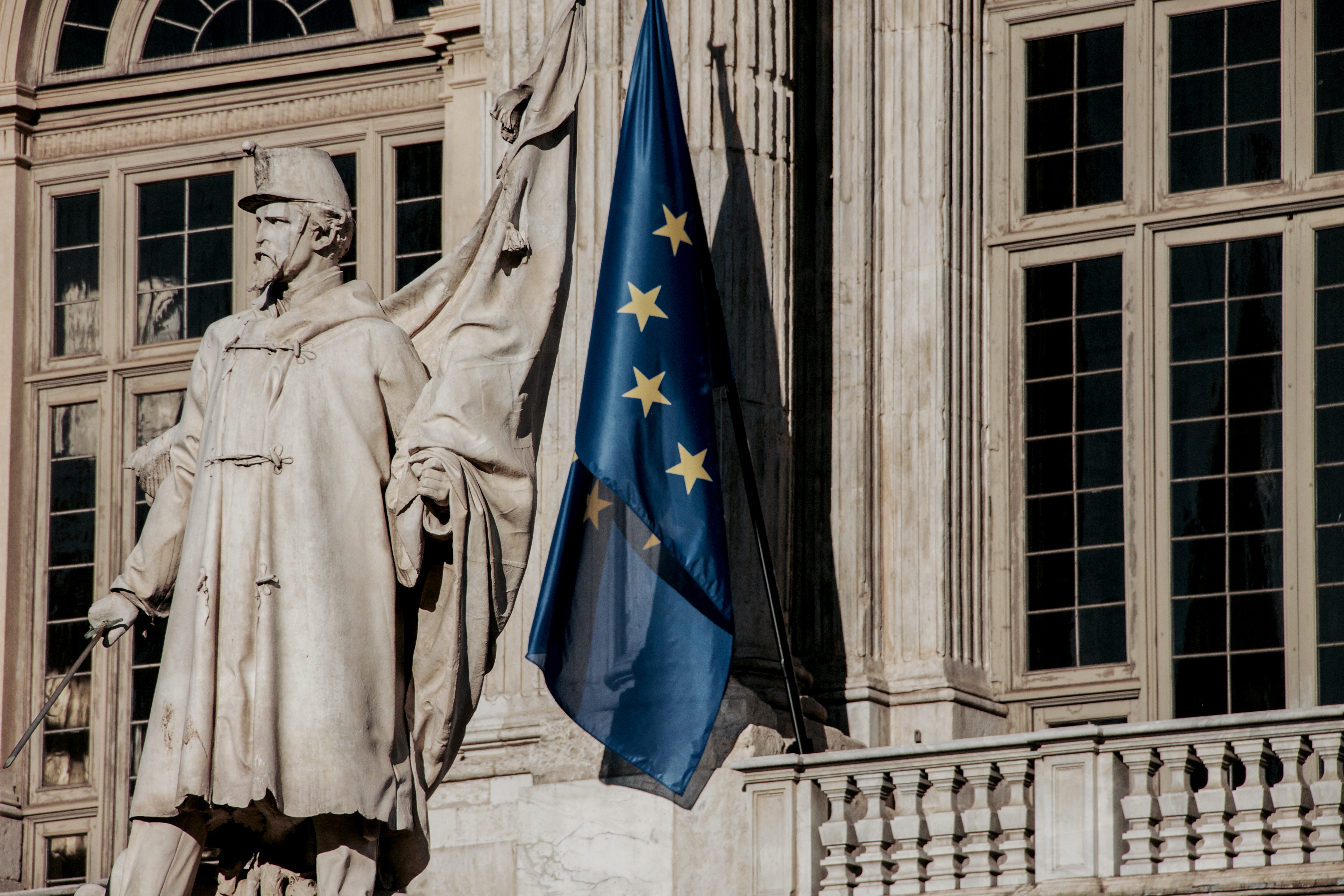What do you know about European Union (EU) policy?
I would focus on EU policy.
The powers in EU policy can be divided into three categories: a) Exclusive powers – legislative powers that the EU has exclusively. For example, customs union policy and monetary policy fall into this category. b) Shared competences – Member States have legislative competences only in areas where the EU does not yet have competences. For example, agricultural policy or social policy. c) Supporting powers – the EU only supports the actions of member states. For example, cultural policy or education policy. Decisions are made by ordinary legislative opinion.

One of the most important policies in Europe is the single market policy. The purpose of this policy is to increase and maintain economic prosperity, but also to bring European countries closer together. The policies of this market include: a) the Common Agricultural Policy – unfortunately one of the most costly EU policies. The aim of this policy is to increase the productivity of production and to improve, for example, the living standards of farmers; B) regional policy – this concerns the development of regions and is financed by structural funds (e.g., the European Regional Development Fund); C) social policy – this aims to promote employment, but also to improve living and working conditions; D) the European Commission\’s “Social Policy” – this is a policy to promote the development of the European market, but also to improve living and working conditions.

Do you know what constitutes revenue for the European budget? There are sources based on gross national income, which is also the largest source of revenue (about 70% of revenue), sources based on value added tax (about 11% of revenue), and traditional voluntary sources, which are mainly tariffs on goods imported from outside the EU. In addition, there are other sources of revenue, such as taxes on the salaries of EU employees (more than 1% of revenue). This expenditure of the European budget is divided into various European policies.




